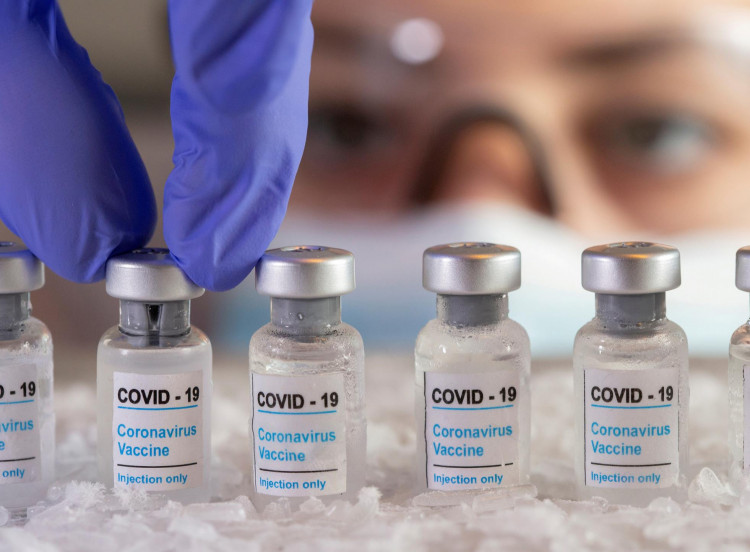Scientists in Europe are worried COVID vaccines may not be able to protect against a new strain detected by South African researchers and which has spread internationally, according to reports Thursday.
South African health authorities are examining the effects of mutations in the variant - including if natural immunity from exposure to older strains of the disease provides some protection against reinfection.
The variant might pose a risk to many Americans, according to Dr. Anthony Fauci, chief of the National Institute of Allergy and Infectious Diseases and a leading member of the White House pandemic task force.
There is currently no evidence vaccines won't work, some experts say. Even if a mutation was more resistant to vaccines scientists would quickly "redesign" them to work against new strains.
Fauci said current U.S. COVID vaccines were "very flexible," adding it would take a few months only to tweak them for maximum effectiveness against new strains.
Scientists say the new strain is more easily transmitted and it has become the top infection in South Africa. The same goes with the U.K. strain, which has a similar mutation.
So far, the good news is the new variant doesn't appear to be any deadlier, health experts say. Still, because it is more easily transmitted there will be more cases and, inevitably, more hospitalizations and deaths.
"There is no real evidence to suggest the new variant is going to evade the vaccine," Johns Hopkins University Center for Health Security senior scholar and infectious disease expert Amesh Adalja said.
"It's important to say that there's currently no strong evidence the new variant causes more severe illness, or that the regulated vaccine would not protect against it," Public Health England chief medical adviser on COVID Dr. Susan Hopkins said.






